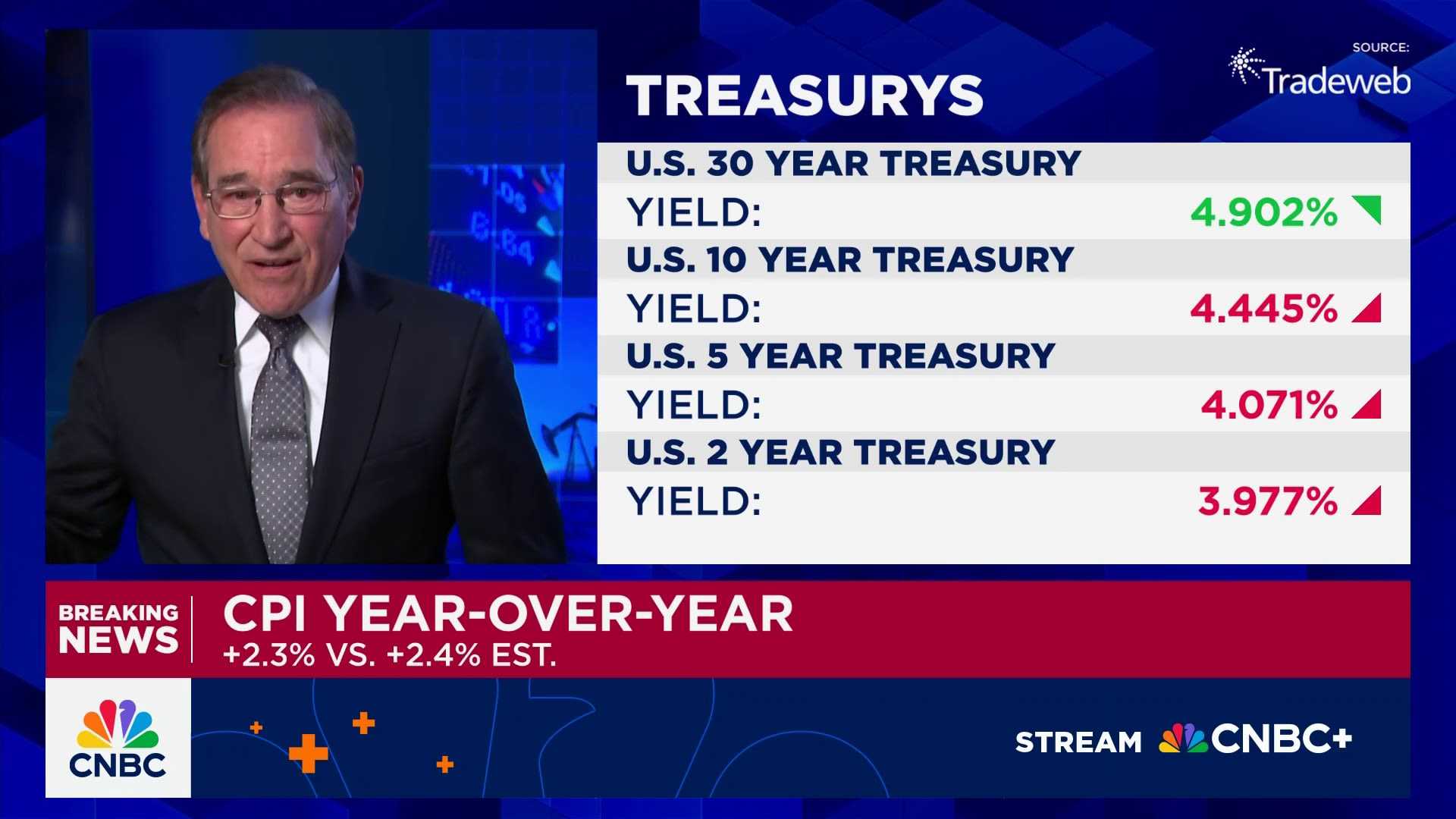Business
US Wholesale Prices Drop Amid Inflation Concerns

WASHINGTON, D.C. — In April 2025, U.S. wholesale prices saw their largest monthly decline since the onset of the COVID-19 pandemic, as tariffs impacted profit margins, according to data released by the Bureau of Labor Statistics on Thursday.
The Producer Price Index (PPI) fell by 0.5% from the previous month, reflecting a decrease in prices paid to U.S. producers. Economists had predicted a rise of 0.2% for the month, along with a slowdown of the annual rate to 2.4% from 3.4% in March.
Driving the decline was a 1.7% drop in trade services, which account for the margins wholesaler and retailer earn. Joe Brusuelas, chief economist at RSM US, highlighted that these figures show the impact of trade policy being felt in businesses’ revenues and profit margins. “It’s now impossible to deny that it is affecting revenues and profit margins for firms,” Brusuelas told CNN.
Additionally, Federal Reserve Chair Jerome Powell commented on the potential future challenges posed by ongoing “supply shocks” that may necessitate sustained high interest rates. He stated, “We may be entering a period of more frequent, and potentially more persistent, supply shocks.”
While the annual inflation rate cooled to 2.4%, a sharper rebound in consumer prices is expected due to the widespread tariffs instituted by President Donald Trump. The latest Consumer Price Index data also showed a continued softening of inflation for consumer goods and services.
April retail sales rose only 0.1% from the previous month, marking a significant drop from March’s 1.7% gain. This slowdown in consumer spending could also reflect the early impacts of higher tariffs on household consumption.
The Bureau of Labor Statistics noted that over 40% of the April decline in the final demand services index was a result of reduced margins for wholesale machinery and vehicle sales.
This news develops as analysts continue to monitor economic indicators that may affect consumer prices moving forward.












